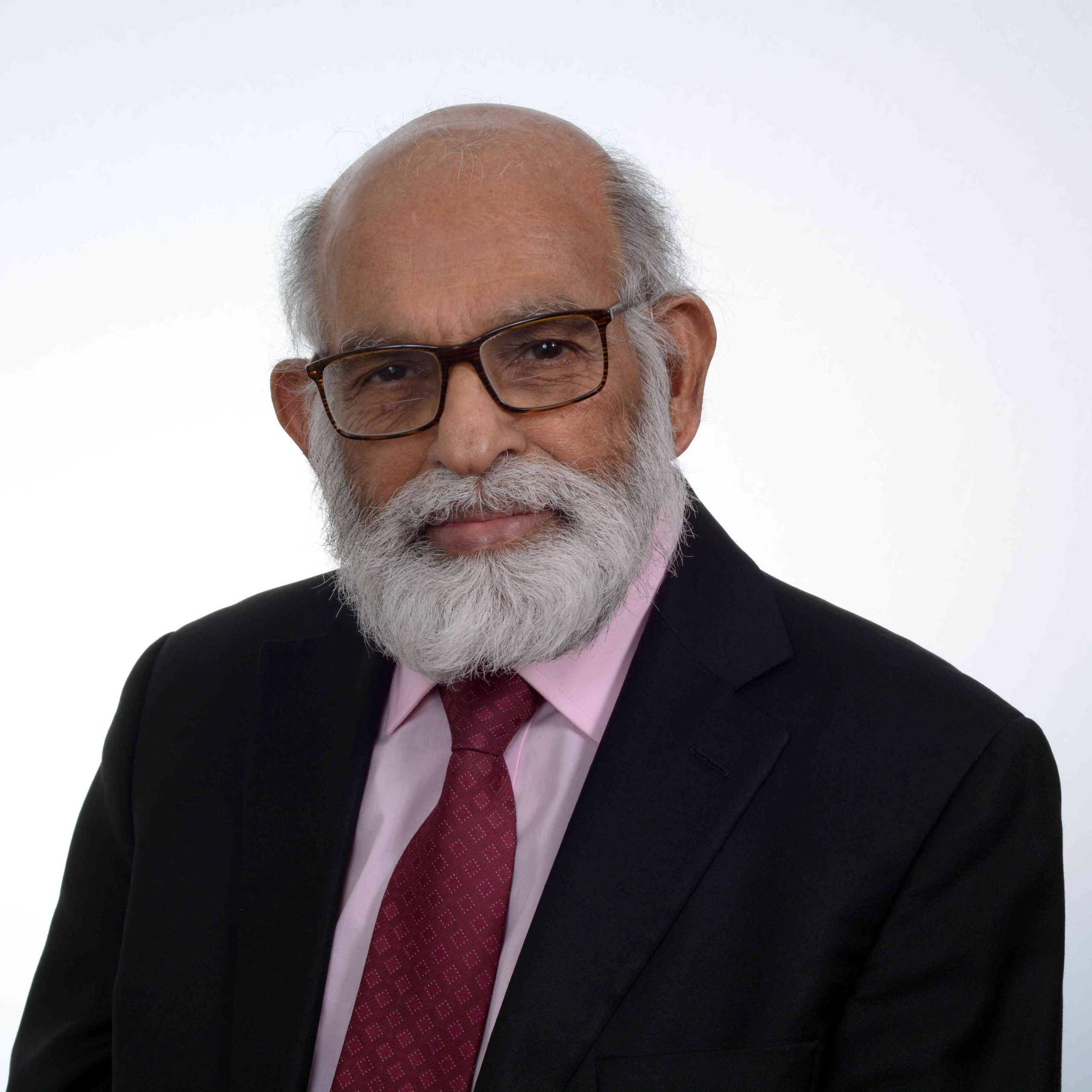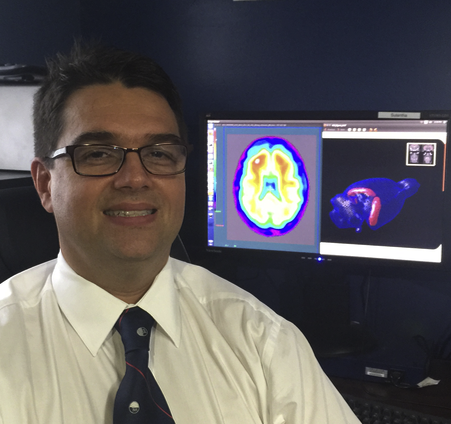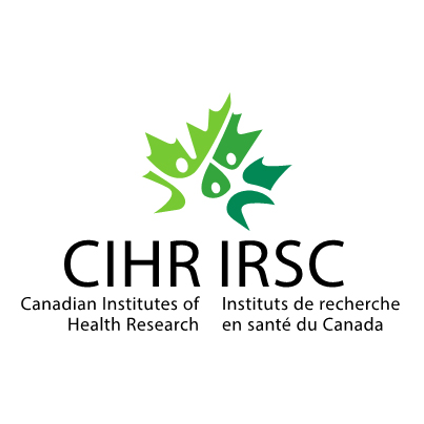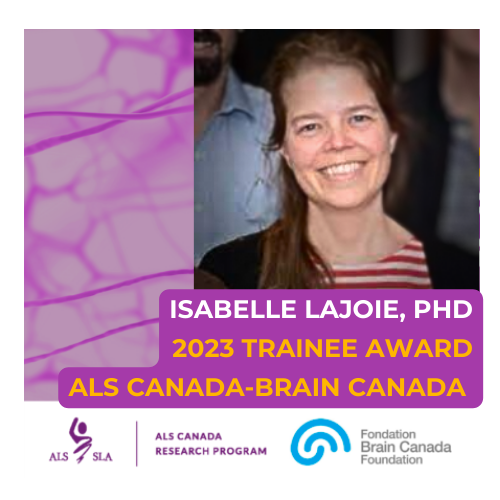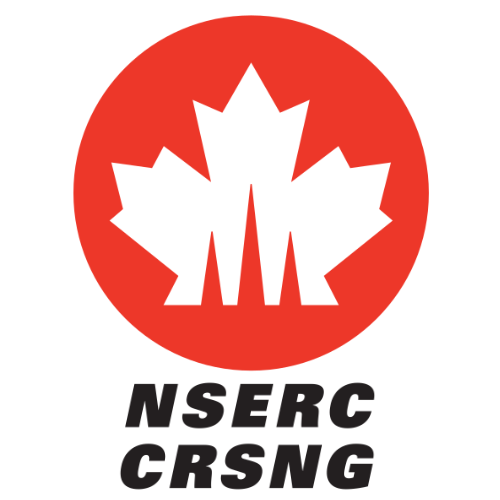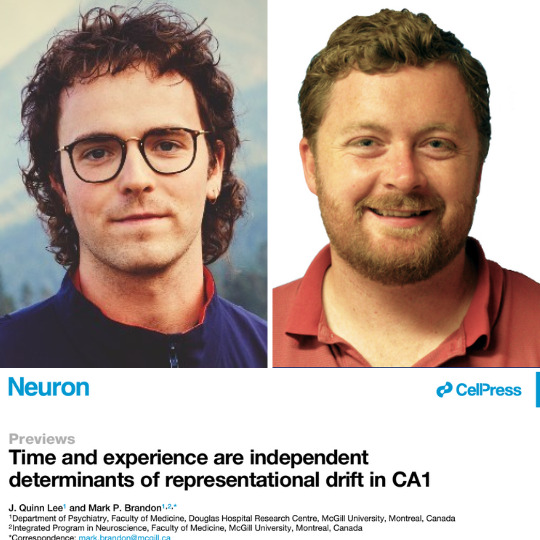Leader: Pedro Rosa Neto, MD, PhD
 More than ten internationally acclaimed research teams from various academic institutions in Europe (U. of Gotheburg, Pasteur Institute, Karolinska Institute, U. of Amsterdam), the USA (Mayo Clinic, U. of Wisconsin, U. Washington, U. of Michigan) and the greater Montreal area (the Montreal Neurological Institute, the Centre de recherche de l’Institut Universitaire de Gériatrie de Montréal, McGill’s Pharmacology department, the McGill Centre for Studies in Aging) actively participate in the activities of the Aging, Cognition and Alzheimer research program as well as those of the Centre for Studies in the Prevention of Alzheimer’s disease at the Douglas. It brings together proven and diversified expertise in the areas of neuroscience, neurology, psychiatry and geriatric medicine. Using imaging technologies (MRI, PET), the Douglas/Bell Brain Bank, genomic (GWAS, RNAseq) and proteomics tools (McGill Genome Centre) as well as cutting edge biomarkers detection (Luminex, SIMOA, ELISA, LC/MS/MS), animal modelling, cognitive and sensory assessments, the Aging, Cognition and Alzheimer’s disease team has built an internationally recognized multidisciplinary research program on the neurobiology of healthy and unhealthy aging with a focus on cognition and Alzheimer’s disease etiology and treatments. The multidisciplinary and interdisciplinary scientists of the Aging, Cognition and Alzheimer’s disease team have obtained significant joint funding from CIHR and the FRSQ and, have published multiple joint publications in top tier journals like (Nat. Comm, Nature Reviews Neuroscience, JAMA Psychiatr. Alz. and Dement, Mol. Psychiatr., Neurology …). Recently, Douglas scientists from the Centre for Studies on the Prevention of Alzheimer’s disease, the Aging, Cognition and Alzheimer’s disease group (Villeneuve, Poirier, Chakravarty, Rosa-Neto, Gauthier, Rajah, Breitner) and from the MNI (Evans, Collins, Spreng) joined forces to create the first available dataset (cohort) to be offered by the new McGill-based Canadian Open Neuroscience Platform (CONP)); allowing the Aging, Cognition and Alzheimer’s disease team to position itself at the far front of the national Open Science Initiative.
More than ten internationally acclaimed research teams from various academic institutions in Europe (U. of Gotheburg, Pasteur Institute, Karolinska Institute, U. of Amsterdam), the USA (Mayo Clinic, U. of Wisconsin, U. Washington, U. of Michigan) and the greater Montreal area (the Montreal Neurological Institute, the Centre de recherche de l’Institut Universitaire de Gériatrie de Montréal, McGill’s Pharmacology department, the McGill Centre for Studies in Aging) actively participate in the activities of the Aging, Cognition and Alzheimer research program as well as those of the Centre for Studies in the Prevention of Alzheimer’s disease at the Douglas. It brings together proven and diversified expertise in the areas of neuroscience, neurology, psychiatry and geriatric medicine. Using imaging technologies (MRI, PET), the Douglas/Bell Brain Bank, genomic (GWAS, RNAseq) and proteomics tools (McGill Genome Centre) as well as cutting edge biomarkers detection (Luminex, SIMOA, ELISA, LC/MS/MS), animal modelling, cognitive and sensory assessments, the Aging, Cognition and Alzheimer’s disease team has built an internationally recognized multidisciplinary research program on the neurobiology of healthy and unhealthy aging with a focus on cognition and Alzheimer’s disease etiology and treatments. The multidisciplinary and interdisciplinary scientists of the Aging, Cognition and Alzheimer’s disease team have obtained significant joint funding from CIHR and the FRSQ and, have published multiple joint publications in top tier journals like (Nat. Comm, Nature Reviews Neuroscience, JAMA Psychiatr. Alz. and Dement, Mol. Psychiatr., Neurology …). Recently, Douglas scientists from the Centre for Studies on the Prevention of Alzheimer’s disease, the Aging, Cognition and Alzheimer’s disease group (Villeneuve, Poirier, Chakravarty, Rosa-Neto, Gauthier, Rajah, Breitner) and from the MNI (Evans, Collins, Spreng) joined forces to create the first available dataset (cohort) to be offered by the new McGill-based Canadian Open Neuroscience Platform (CONP)); allowing the Aging, Cognition and Alzheimer’s disease team to position itself at the far front of the national Open Science Initiative.
Research Program
The study of age-related disorders such as Alzheimer’s disease has become multidisciplinary in nature and requires cutting edge technology to map the silent and visible portions of the disease. Even pharmaceutical interventions (in prevention or in treatment) now require biomarker monitoring, genetic stratification and strong multi- model imaging techniques that go beyond simple hippocampal volume assessments. We are working with the McGill Genome Centre on novel proteomic technologies that allow the simultaneous monitoring of > 95 proteins in blood and cerebrospinal fluid from experimental subjects. In collaboration with biomarker experts in Europe, we are also tackling alternative biomarker assays for Alzheimer-related pathology in the blood as a viable and cost-effective alternative to the costly PET imaging or, painful lumbar puncture for CSF sampling. On the therapeutic front, we have several targets in mind (depending on funding outcomes), most of which involve manipulations of lifestyle associated protective factors such as exercise, pharmacological control of cholesterol levels and systolic blood pressure as well as diabetes. We have new programs being implemented and which are funded for the next 3 to 5 years that involve service dog interventions (in partnership with MIRA), vascular risk monitoring, transcranial stimulation in cognitively impaired subjects and, providing access to our PREVENT-AD massive dataset via the Canadian Neuroscience Open Platform.









